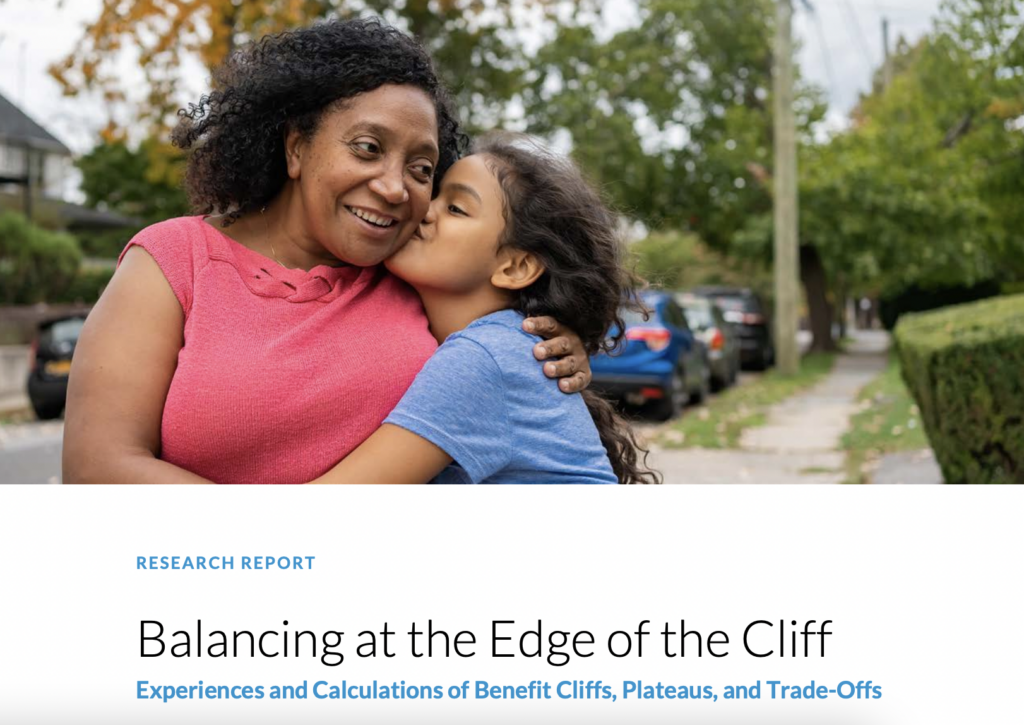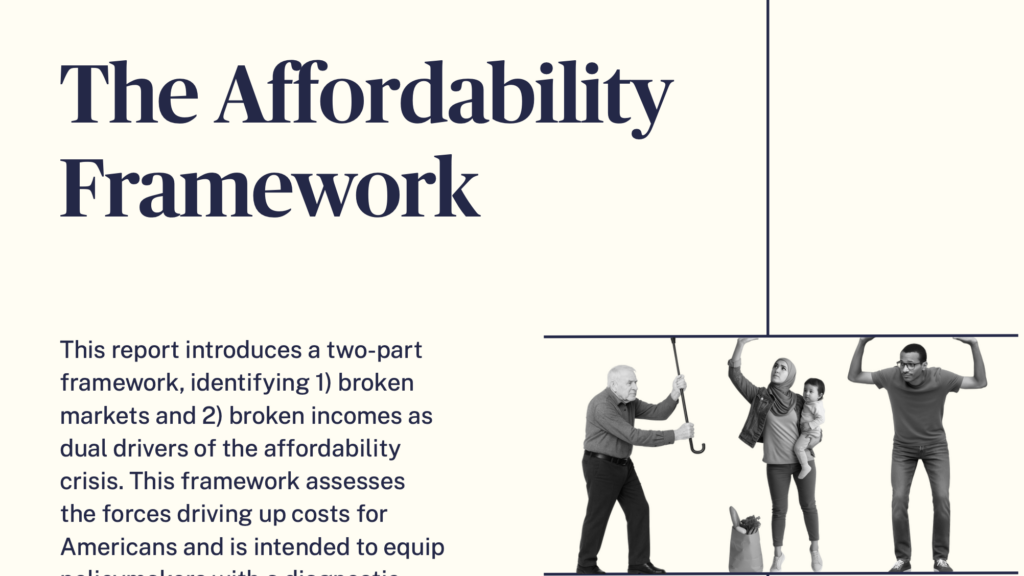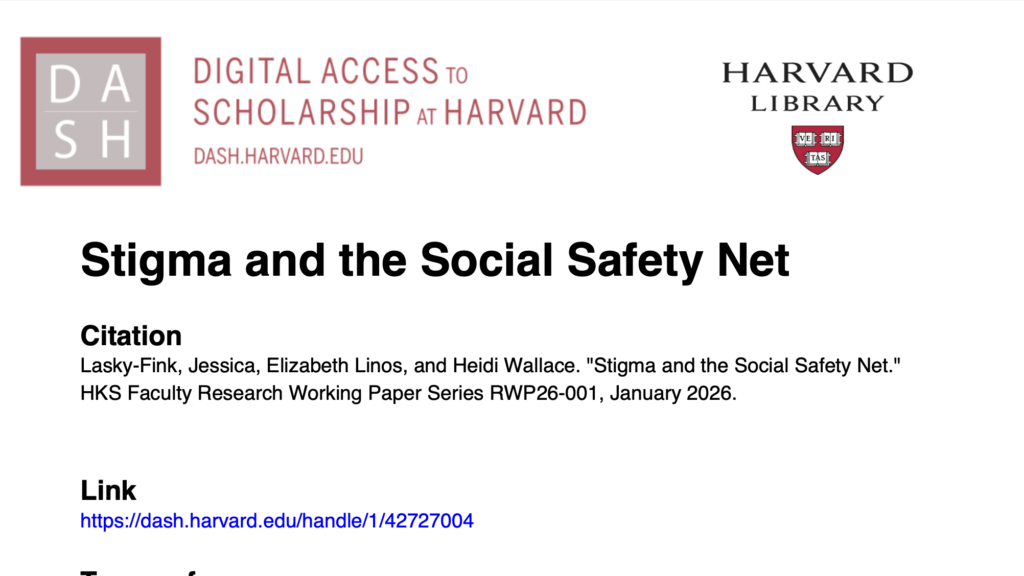Balancing at the Edge of the Cliff: Experiences and Calculations of Benefit Cliffs, Plateaus, and Trade-Offs
This Urban Institute report explores the impact of benefit cliffs, plateaus, and trade-offs on families receiving public assistance, examining how changes in earnings affect access to essential benefits like SNAP, Medicaid, and housing subsidies.

The report analyzes how small increases in income can lead to sudden losses in public benefits—often referred to as “benefit cliffs”—making it difficult for families to achieve financial stability despite earning more.
Using microsimulation modeling and qualitative interviews with families in Colorado, Minnesota, and New York, the study highlights the challenges individuals face in predicting how employment changes will affect their net income, as benefit reductions, increased child care costs, and tax liabilities interact in complex ways. Parents interviewed in the study express a strong desire to work but struggle with uncertainty and fear of losing critical supports like housing and child care. The report offers policy recommendations to smooth benefit transitions, improve communication about eligibility changes, and create a more supportive pathway for families striving for economic self-sufficiency.
Share this Resource:


